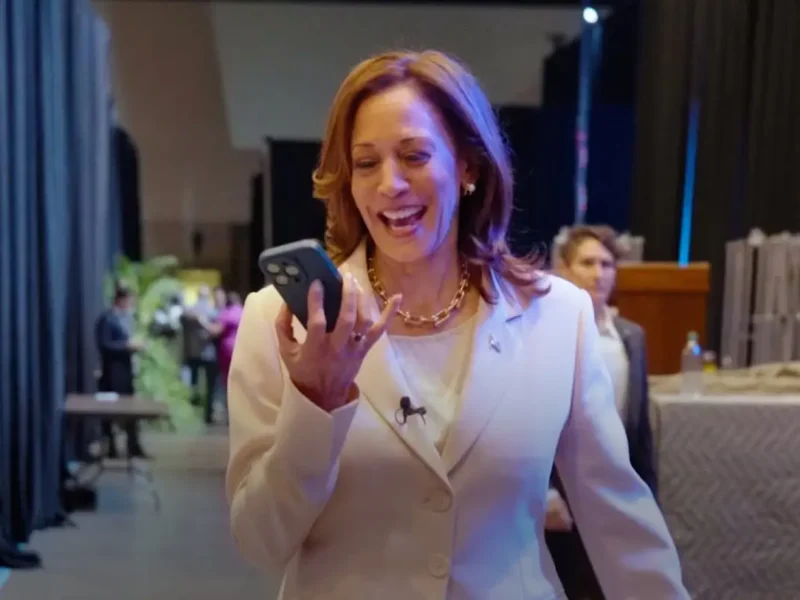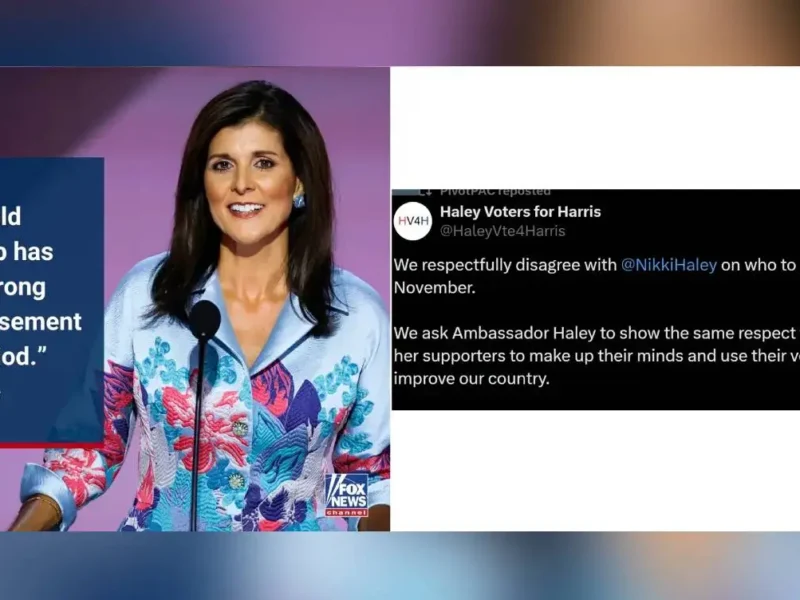
Surgeon General Vivek Murthy Cautions Against Social Media Effects On Mental Health Of Youth
WASHINGTON, DC – United States Surgeon General Dr. Vivek Murthy has released an advisory which warns that while social media may offer some benefits, there are ample indicators that it can also pose a risk of harm to the mental health and well-being of children and adolescents.
Social media use by young people is nearly universal, with up to 95% of young people ages 13-17 reporting using a social media platform and more than a third saying they use social media “almost constantly.”
With adolescence and childhood representing a critical stage in brain development that can make young people more vulnerable to harms from social media, the Surgeon General said while issuing a call for urgent action by policymakers, technology companies, researchers, families, and young people alike to gain a better understanding of the full impact of social media use and create safer, healthier online environments to protect children.
The Surgeon General’s Advisory is a part of the Department of Health and Human Services’ (HHS) ongoing efforts to support President Joe Biden’s whole-of-government strategy to transform mental health care for all Americans.
“The most common question parents ask me is, ‘is social media safe for my kids’. The answer is that we don’t have enough evidence to say it’s safe, and in fact, there is growing evidence that social media use is associated with harm to young people’s mental health,” said Murthy. “Children are exposed to harmful content on social media, ranging from violent and sexual content, to bullying and harassment. And for too many children, social media use is compromising their sleep and valuable in-person time with family and friends. We are in the middle of a national youth mental health crisis, and I am concerned that social media is an important driver of that crisis – one that we must urgently address.”
Importantly, different children are affected by social media in different ways, including based on cultural, historical, and socio-economic factors. Among the benefits, adolescents report that social media helps them feel more accepted (58%), like they have people who can support them through tough times (67%), like they have a place to show their creative side (71%), and more connected to what’s going on in their friends’ lives (80%).
However, social media use can be excessive and problematic for some children. Social media may also perpetuate body dissatisfaction, disordered eating behaviors, social comparison, and low self-esteem, especially among adolescent girls. When asked about the impact of social media on their body image, 46% of adolescents aged 13-17 said social media makes them feel worse, 40% said it makes them feel neither better nor worse, and only 14% said it makes them feel better. Additionally, 64% of adolescents are “often” or “sometimes” exposed to hate-based content through social media. Studies have also shown a relationship between social media use and poor sleep quality, reduced sleep duration, sleep difficulties, and depression among youth.
While more research is needed to determine the full impact social media use the Surgeon General’s Advisory offers recommendations stakeholders can take to help ensure children and their families have the information and tools necessary to make social media safer for children:
Policymakers can take steps to strengthen safety standards and limit access in ways that make social media safer for children of all ages, better protect children’s privacy, support digital and media literacy, and fund additional research.
Technology companies can better and more transparently assess the impact of their products on children, share data with independent researchers to increase our collective understanding of the impacts, make design and development decisions that prioritize safety and health – including protecting children’s privacy and better adhering to age minimums – and improve systems to provide effective and timely responses to complaints.
Parents and caregivers can make plans in their households such as establishing tech-free zones that better foster in-person relationships, teach kids about responsible online behavior and model that behavior, and report problematic content and activity.
Children and adolescents can adopt healthy practices like limiting time on platforms, blocking unwanted content, being careful about sharing personal information, and reaching out if they or a friend need help or see harassment or abuse on the platforms.
Researchers can further prioritize social media and youth mental health research that can support the establishment of standards and evaluation of best practices to support children’s health.




